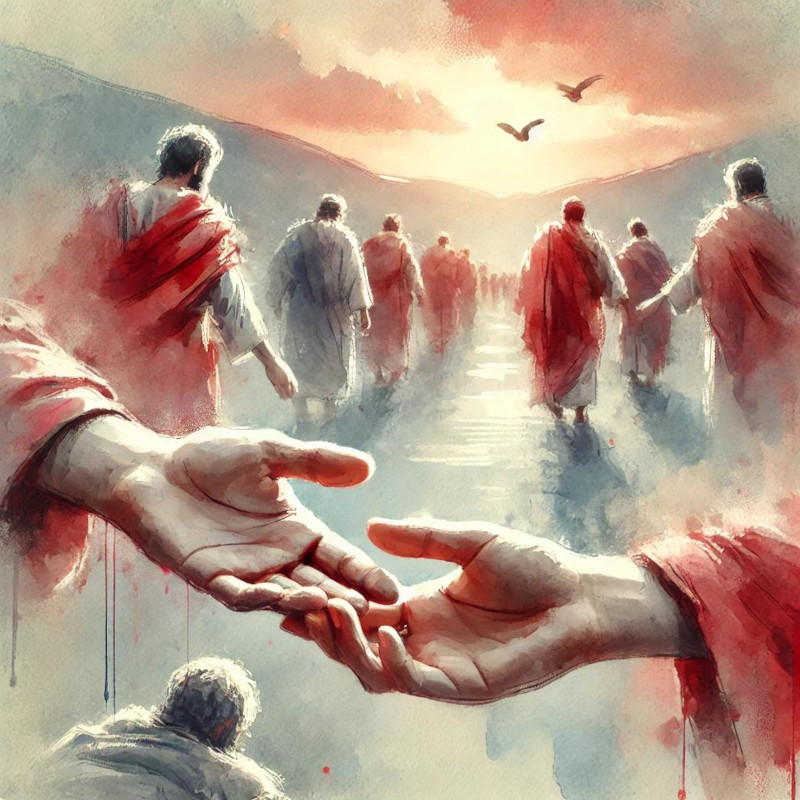
Jubilee, a celebration of God’s mercy
The Jubilee is an event that must be well understood in light of Scripture if it is to avoid becoming divisive especially toward Christians of other denominations
Woe betide to think of a God who cancels “debts of punishment,” as if He were an exacting Judge and not a loving Father. That is why the latest Popes have never again spoken of “indulgences,” but of God’s indulgence that is, of His Mercy, which welcomes us all, embraces us all, forgives us all.
And, as always, God does not so much want to be reciprocated in acts of love toward him as in acts of compassion toward the poor and oppressed.
The Lord proposes Jubilee, in Scripture, as the supreme form of protection for the dispossessed and the wretched. In a Society where the inexorable vicissitudes of life lead some to become rich and others to become impoverished or even bankrupt, Jubilee is a time for the complete redistribution of goods and the recomposition of a society of equals.
Every fifty years God proposes the complete wiping out of private property and a new distribution among brothers (Lev 25:10).
The Old Testament command of the Jubilee Year was not abolished by the New.
Indeed, Jesus, at the beginning of his public life, applying to himself an oracle from Isaiah (Isa 61:1-2), announces that he has been anointed to “preach the year of the Lord’s favor (dektòs)” (Lk 4:16-21), that is, the year of Jubilee, to “proclaim glad tidings to the poor, to proclaim release to the captives and recovering of sight to the blind; to set at liberty those who are oppressed” (Lk 4:18).
To be reconciled with God is indeed to destroy the root of sin, of that selfishness that leads us to be unjust to our brothers and sisters, to overpower them socially, to tolerate them living in misery. Precisely because if we have been forgiven our debts we must also forgive our debtors (Mt. 6:12).
So to reduce the Jubilee to approaching the sacrament of an individual confession that does not then change our social relations would be to distort, from a biblical point of view, an institution that God strongly intended to protect the marginalized classes.
If, therefore, one thinks of celebrating the Jubilee according to the Bible by doing a bit of religious tourism, saying a bit of prayers and thus profiting from blessed indulgences, one is sorely mistaken.
In Scripture, Jubilee is something tremendously serious, important, revolutionary. Jubilee is God’s Dream of a world of true brothers, and to achieve this the Lord profoundly regulates social and economic life (Lev 25:8-41).
Jubilee is, therefore, first and foremost to strive for justice, against all inequality. And it is to convert ourselves to share with the poor our goods as individuals, as families, as communities, as Church, thus realizing God’s Dream…
It is to fight for the abolition of the debt of poor countries, it is to fight for the dignity of prisoners, for the abolition of the death penalty, for respect for creation, for forgiveness among individuals and among nations, for a society of equals, truly “Brothers all,” to give all people and the cosmos that “Hope that does not disappoint” (Rom. 5:5).
There is much debate as to whether Israel ever actually practiced the institution of Jubilee in its history or whether it remained only a prophetic utopia. But such a warning comes to us from God as his Word that demands listening and obedience.
